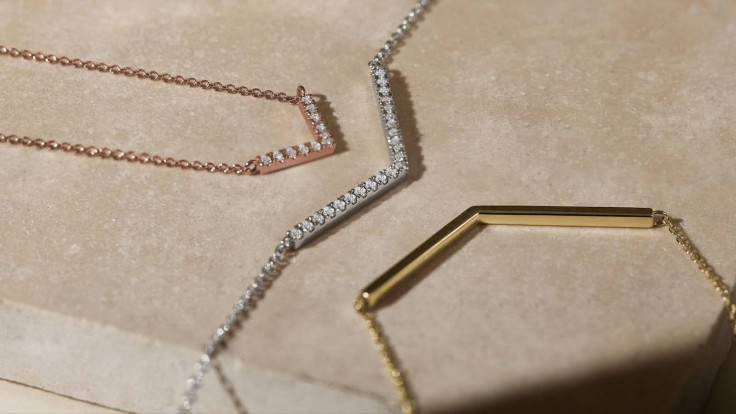Luxury That Speaks To Younger Generations: What Do Millennials And Gen Z Expect From Jewelry?
Luxury jewellery brands adapt as Gen Z and millennials demand meaning, ethics, and digital connection over status and sparkle

Premium brands that have built their identity on prestige, tradition, and exclusivity for decades now face a new challenge. Not only is the way customers shop changing but so is what they expect from luxury products. Generation Z and millennials have brought new values to the jewellery world, and the market is now adjusting to these.
Values Instead Of Glitz
Younger generations no longer see luxury as a status symbol. Authenticity, sustainability, and ethical business practices play a much greater role in their purchasing decisions. As a result, minimalist jewellery with thoughtful design and a responsible production background has gained popularity. Showy, attention-seeking styles are increasingly replaced by understated, timeless pieces that reflect deeper personal values.
This shift is more than just aesthetic — transforming demand dynamics and redefining what luxury means commercially. This signals the need to reevaluate creative direction, pricing, sourcing, and communication strategies for brands.
Jewellery With A Story
Millennials and Gen Z expect more than a beautiful object — they seek meaning. Jewellery with a personal message or narrative resonates more strongly with these consumers. Whether it's the inspiration behind a design, the background of the materials used, or the story of the people involved in the creation process, transparency and storytelling have become essential components of product value.
This redefinition of value creates opportunities for brands to reposition themselves. Instead of competing on extravagance, they are competing on emotional, ethical, and cultural connection. Strategic communication and authentic brand narratives are becoming critical business tools, not just marketing tactics.
Ethics And Sustainability Are The New Normal

The growing interest in ethical and sustainable jewellery is a direct response to the values of younger generations. Customers want to know about the origins of the materials used, how they are produced, and how the brand communicates its social commitment. Transparency, fair working conditions, and a commitment to a light ecological footprint are no longer just marketing tools—they have become the basis of trust for customers.
In this regard, one significant trend in the industry is lab-grown diamonds, which have the same physical and visual qualities as natural diamonds but without the ethical dilemmas associated with mining. Luxury brands that have adopted this trend have not only responded to demand but also ultimately shaped the new definitions of these ethical values.
One such example of a brand is the KLENOTA jewellery studio, which works with responsibly sourced materials in its collections and designs minimalist jewellery that combines a timeless design with an ethical approach to nature and its employees.
A Digital Approach To Luxury
The purchasing journey of younger customers is digital-first. They expect brands to offer more than just a product: they want experiences, interaction, and transparency. From immersive online showrooms to personalised recommendations and augmented reality 'try-ons,' digital tools redefine how luxury is discovered and consumed.
Far from undermining the value of luxury goods, digital channels enhance them — by providing access, insight, and personalisation. A well-executed digital strategy can elevate a brand's appeal and foster deeper engagement.

But doesn't digitalisation detract from the product? On the contrary! Luxury jewellery today can be presented through a behind-the-scenes video of the creation process, an authentic review from a content creator or an interactive 3D visualisation that allows the customer to 'try on' the product before they purchase it. Most importantly, the focus is on aesthetics and choice – values that resonate with Gen Z and millennials alike.
Redefining Luxury
For younger generations, true luxury lies not in price or prestige but in alignment — with values, identity, and aspirations. Brands that understand this are not just meeting demand but shaping a new era of consumer expectations.
This evolution represents a fundamental shift in the luxury market. Businesses that adapt can tap into a generation of loyal, engaged consumers. Those that don't risk being left behind — not because their products aren't desirable, but because their values aren't clear.
© Copyright IBTimes 2025. All rights reserved.





















